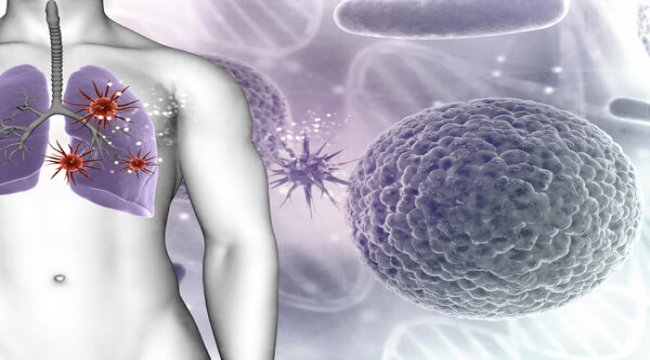Non-small cell lung cancer (NSCLC) begins when cells in the lung grow out of control and form a tumor. There are four types of NSCLC that can be determined by looking under a microscope, which are adenocarcinoma, squamous cell carcinoma, large cell carcinoma, and NSCLC unidentified. NSCLC is often diagnosed when patients experience symptoms such as, chest pain, a persistent cough, trouble breathing, coughing up blood, wheezing, or changes in the voice. When visiting a doctor for these symptoms, lab work, imaging tests, a biopsy, sputum cytology, and thoracentesis tests are done to determine a NSCLC diagnosis.
When a patient has been diagnosed with Non-small cell lung cancer, the treatment options that are available can be overwhelming. Options such as surgery, radiation, radiofrequency ablation, chemotherapy, targeted therapy, and immunotherapy are available. There are also Non-small cell lung cancer clinical trials available for treatment, which can help the participant and future patients diagnosed with NSCLC. Clinical trials study new drugs and treatments, as well as a combination of current therapies that are commonly used. If you’re interested in participating in a clinical trial, there are services out there that can assist you in finding the right one for your case. Massive Bio’s Clinical Trial Matching System is a good option because they have dedicated teams to assist in the trial finding and enrolling process.
Hibya Haber Ajansı











Yorumlar
Kalan Karakter: